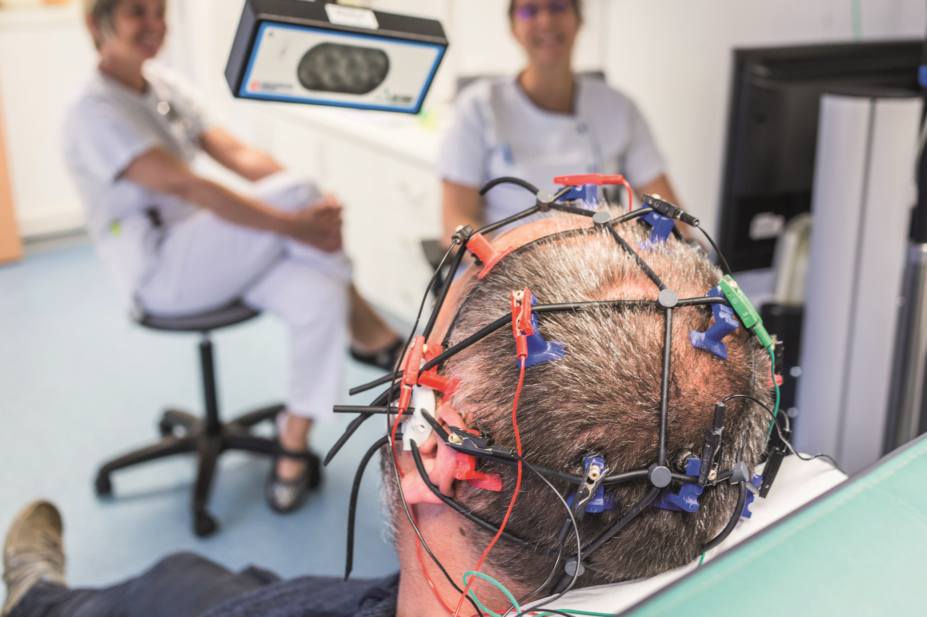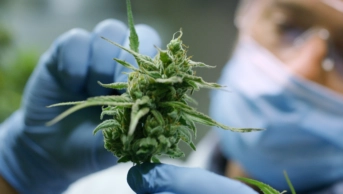
Burger / Phanie / Science Photo Library
Lennox-Gastaut syndrome is a rare, severe form of epilepsy that is often resistant to treatment. Preclinical data have shown the cannabis derivative, cannabidiol, to have activity against seizures.
In a paper in The Lancet (online, 24 January 2018), researchers randomly assigned 171 patients with treatment-resistant Lennox-Gastaut syndrome to a daily dose of 20mg/kg oral cannabidiol as an add-on therapy, or placebo[1]
. Patients who had at least two drop seizures (sudden falls due to seizures) per week during a four-week baseline period were eligible for the study.
Over the 14-week treatment period, the monthly frequency of drop seizures decreased by a median of 43.9% from baseline in the cannabidiol group compared with 21.8% in the placebo group. Over 80% of participants who received cannabidiol experienced side effects, compared with 69% in the placebo group, but these were mostly mild or moderate in severity.
The team said the results indicated a clinically meaningful reduction in seizure frequency, and is now exploring the long-term safety of oral cannabidiol.
References
[1] Thiele E, Marsh E, French J et al. Cannabidiol in patients with seizures associated with Lennox-Gastaut syndrome (GWPCARE4): a randomised, double-blind, placebo-controlled phase 3 trial. Lancet 2018. doi: 10.1016/S0140-6736(18)30136-3
You may also be interested in

Epilepsy drugs levetiracetam and zonisamide should not be routinely used first line in the NHS, conclude researchers

No difference in cognitive outcomes in children born to women taking antiseizure medicines
